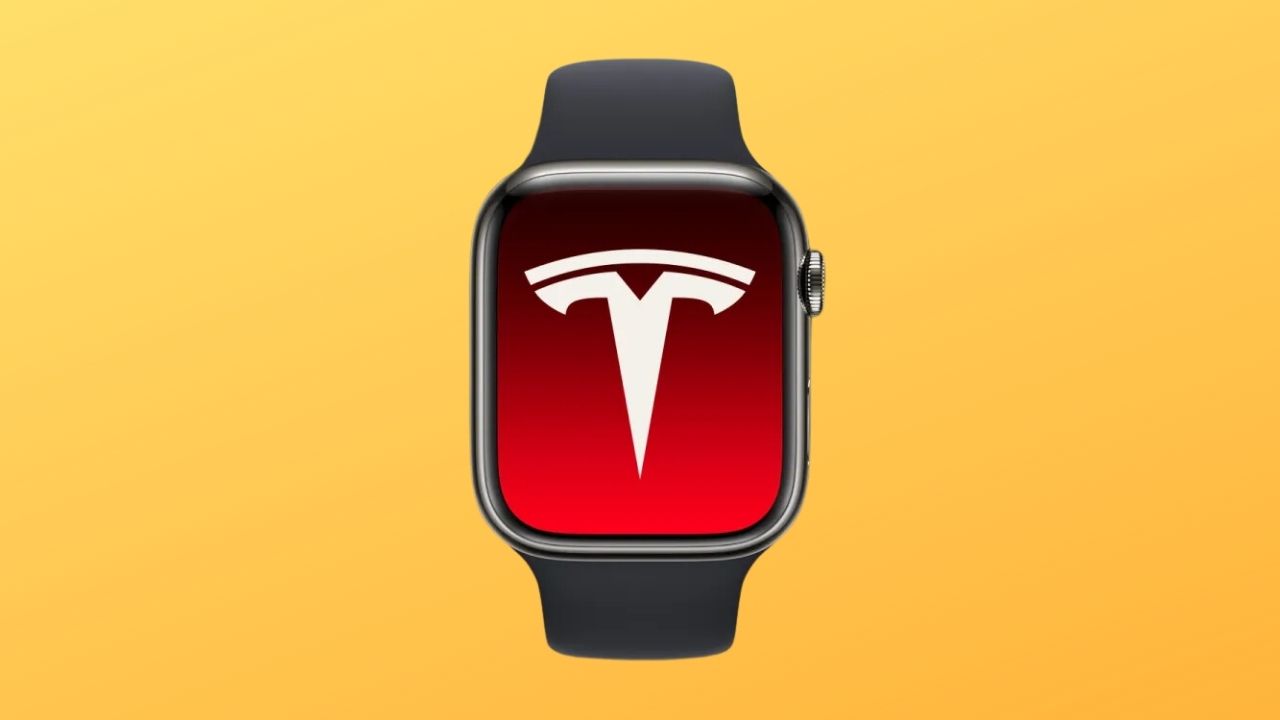US President Donald Trump’s customs tariffs brought up on the agenda, the world of technology and automotive had echoed. In particular, US companies producing in China can be directly affected by these plans. Apple and Tesla are the leading companies. Dan IVES’s analysis report sent to investors reveals that these two companies have the most fragile structure in the face of tariffs.
Wedbush Securities Analyst Dan Ives stressed that almost all of Apple’s production is done in China poses a serious threat. Most of the products with high sales volume such as iPhone are produced at Foxconn facilities in China. This makes Apple open to cost increase and loss of profit against possible additional taxes. In addition, Apple does not seem possible for Apple to eliminate this production addiction in a short time.
The maneuvering area of dependent companies in terms of production such as Apple and Tesla is narrowing
In the analysis note, Ives allocates a special place for Tesla and draws attention to the company’s production capacity in China. Tesla’s Gigafactory in Shanghai constitutes an important part of the company’s global production volume. However, this production model brings with it extreme dependence on China. The re -rising trade tension between the US and China makes this structure financially fragile.
Dan Ives reduced the target price of $ 325 for Apple shares to 250 dollars. This decrease points to structural risks, not the short -term effect of the tariffs faced by the company. Similarly, the target price for Tesla fell from $ 550 to 315 dollars. Although this value is still above Tesla’s current price, the difference is remarkable.
Tesla’s problem is not limited to trade wars. Elon Musk’s political stance and statements on social media weakens the brand value of the company before the consumer. This has the potential to reflect on sales, especially in the US and European markets. On the other hand, the fact that Chinese consumers turn to local brands such as BYD reduces Tesla’s competitiveness in this market.
In this process, IVES states that Elon Musk is essential for him to adopt a more inclusive and stable management approach. He emphasizes that Tesla has become a brand that is not only a car manufacturer but also with its political identity. This situation is thought to have permanent effects on investor perception. In spite of everything, Tesla’s global production power and technological infrastructure are still considered as an important advantage.
On the Apple Front, the production of production outside China has been on the agenda for a long time. Some production lines have been active in Vietnam and India. However, the production capacity in these countries is still far behind China. This shows that Apple will remain vulnerable to tariffs in the short term.
With the US entering the election period, trade policies are likely to harden. Trump’s re -discussing tariffs on the table can make economic relations with China even more complex. This process can affect not only companies such as Apple and Tesla, but all global supply chains. These developments are critical especially for companies operating in areas such as technology and automotive.
All these developments show that giants such as Apple and Tesla should act faster in diversifying production geography. This high dependence on China has become a geopolitical risk element not only economic but also a geopolitical risk. How companies will adapt to this new period may directly affect the balances in the sector in the coming years. In particular, it is seen that a period in which global production strategies are reshaped.
Source link: https://www.teknoblog.com/apple-tesla-trump-cin-tarife-risk-uretimi/


